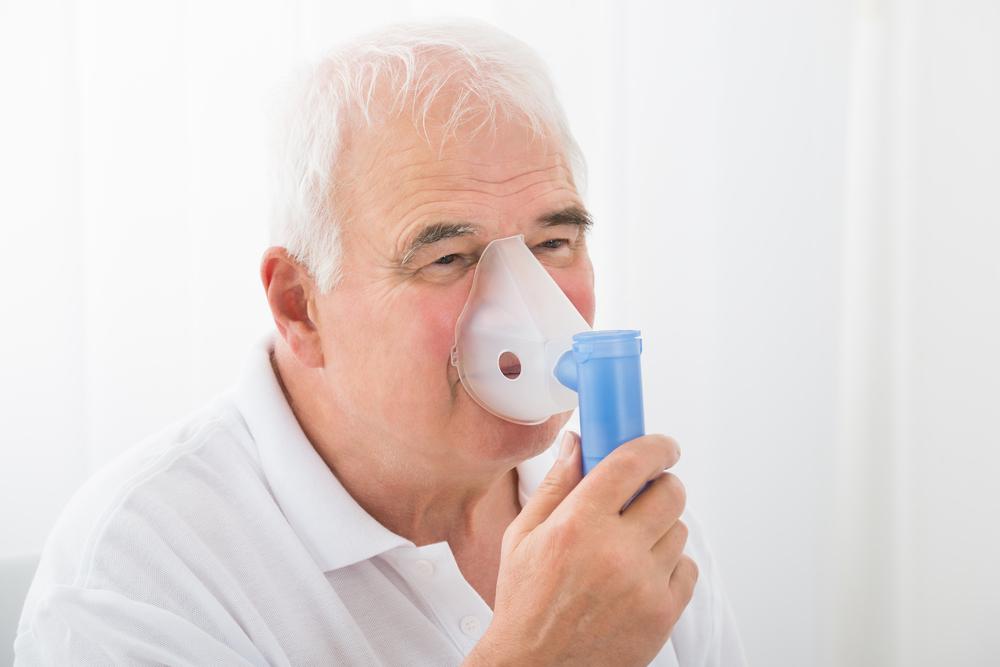Comprehensive Guide to Modern Asthma Management and Treatment Strategies
This comprehensive article explores modern asthma management, highlighting advanced inhaler therapies, personalized treatment plans, and lifestyle strategies that improve patient quality of life. It details the types of inhalers, their functions, and tips for effective use, emphasizing the importance of continuous medical guidance for optimal control. Discover how innovative technologies are transforming respiratory care and empowering individuals with asthma to lead healthier, more active lives.

Comprehensive Guide to Modern Asthma Management and Treatment Strategies
Asthma is a complex, long-term respiratory condition that impacts millions worldwide. It is characterized by chronic inflammation of the airways, which can lead to recurrent episodes of wheezing, breathlessness, chest tightness, and coughing. Despite extensive research, the precise origins of asthma remain elusive, largely attributed to a combination of genetic predisposition and environmental influences such as allergens, pollutants, and lifestyle factors. Currently, there is no definitive cure for asthma; however, advances in medical science have dramatically improved management options, enabling many individuals to lead active, healthy lives.
Understanding asthma requires grasping the importance of effective management strategies that focus on controlling symptoms, preventing exacerbations, and improving overall quality of life. Modern treatment approaches prioritize personalized care that combines medication adherence with lifestyle adjustments. Central to these strategies are inhaler devices, which have revolutionized respiratory therapy by providing targeted medication delivery with minimal side effects. These devices come in several forms, tailored to meet the diverse needs of patients, from daily maintenance to emergency relief during acute asthma attacks.
Inhalers are essential tools in asthma management, serving dual roles as preventive and rescue therapy options. Maintenance inhalers, often containing corticosteroids like beclomethasone, fluticasone, or budesonide, are used daily to reduce airway inflammation and prevent symptoms. These medications usually take about two weeks to manifest noticeable benefits, making consistent use vital for optimal control. Non-steroidal options, such as leukotriene receptor antagonists, provide alternatives for patients with specific needs, although they are generally less potent compared to corticosteroids.
Rescue inhalers provide immediate relief during asthma flare-ups and usually contain fast-acting bronchodilators like albuterol or salbutamol. Some formulations combine corticosteroids with beta-agonists to extend bronchodilation and reduce inflammation during acute episodes. The development of innovative inhaler devices, including metered-dose inhalers, dry powder inhalers, and nebulizers, has improved ease of use, portability, and medication targeting, significantly enhancing patient adherence and outcomes.
While these medications and devices have improved control over asthma, it is crucial for patients to remain vigilant about potential side effects, such as oral thrush or increased susceptibility to infections when using inhaled corticosteroids. Regular consultations with healthcare providers, personalized treatment plans, and proper inhaler technique education are fundamental to achieving effective asthma management. Preventive measures, including allergen avoidance, smoking cessation, and maintaining a healthy lifestyle, complement pharmacotherapy in reducing the frequency and severity of asthma attacks.
In summary, modern asthma management combines innovative medications, advanced delivery systems, and lifestyle modifications to empower patients in controlling their health. Ongoing research continues to explore new therapies and technologies, promising improved outcomes and better quality of life for individuals living with asthma. Staying informed and engaged with healthcare providers is the cornerstone of successful asthma control in today’s healthcare environment.
Asthma management
Inhaler therapy
Respiratory health





